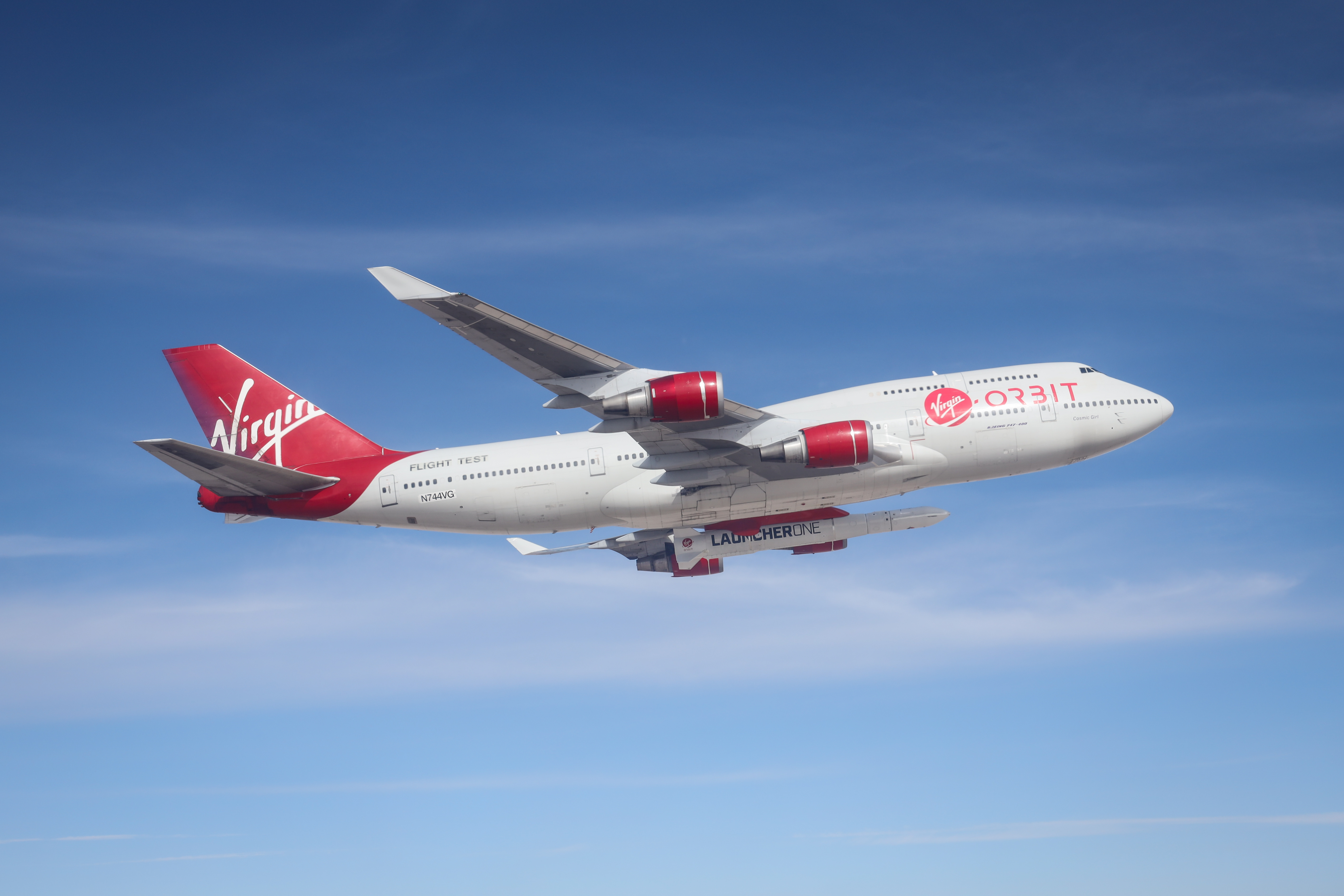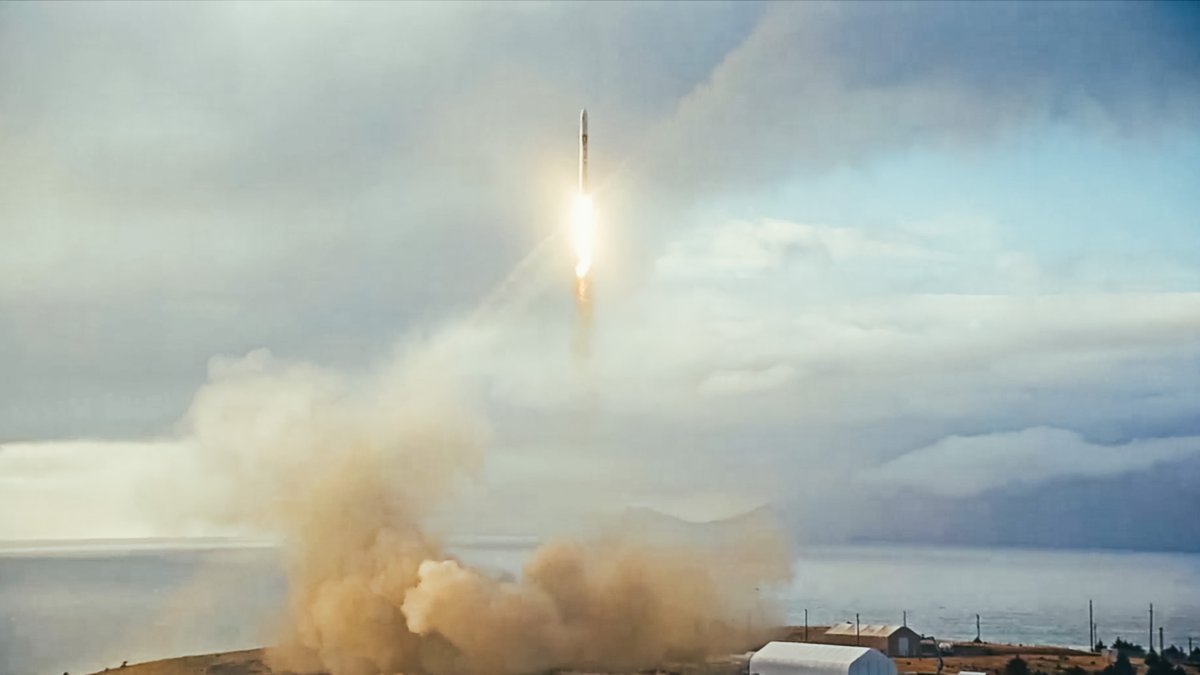“The Flight 2 vehicle is fully assembled and ready to begin it’s flight campaign, so we’re champing at the bit to get going on that as soon as the Flight 1 investigation is complete,” Piemont said.
Hello and welcome back to Max Q! Last week wasn’t the most successful for spaceflight missions. We’ll get into that a bit more below.
In this issue:
- First up, a botched launch from Virgin Orbit…
- …followed by one from ABL Space Systems
- News from Rocket Lab, World View and more
After Virgin Orbit’s launch failure last Monday, during which the mission experienced an “anomaly” that prevented the rocket from reaching orbit, I went back over the company’s financials — and things aren’t looking good.
For Virgin Orbit, this year has likely been completely turned on its head. The company was aiming for three launches this year, but everything will remain grounded until the cause of the anomaly has been identified and resolved. It’s unclear how long that will take, but likely at least three months. Add this delay to Virgin’s dwindling cash reserves and you have a foundation that’s suddenly much shakier than before.

Image Credits: Virgin Orbit/Greg Robinson
Launch startup ABL Space Systems’ first orbital launch attempt ended in failure last Tuesday after all nine engines on the RS1 rocket’s first stage shut down simultaneously. The rocket subsequently hit the launch pad and was destroyed on impact.
ABL President Dan Piemont told TechCrunch that while the investigation into the failure is still in its early stages, “The simultaneity of the shutdown is a strong piece of evidence but it will take more time for the team to narrow down contributing factors and a root cause.”

Image Credits: ABL Space RS1 rocket
More news from TC and beyond
- Capella Space added $60 million in growth equity financing to its Series C through investor Thomas Tull’s US Innovation Technology Fund. (Capella)
- Elon Musk said that SpaceX has a “real shot” at attempting Starship’s first orbital flight test as soon as next month. (Twitter)
- Europe’s first spaceport on the mainland, in Sweden, was inaugurated by Swedish dignitaries and other officials. (High North)
- ispace’s HAKUTO-R lander completed its second orbital control maneuver, and has now been in deep space for over one month. (ispace)
- Israel’s Air Force will set up its own “space administration,” similar to the U.S. Space Force. (i24)
- Planet Labs completed acquisition of Salo Sciences, a climate tech company. (Planet)
- Rocket Factory Augsburg and the U.K.’s SaxaVord Spaceport have signed a multi-year launch agreement, which includes RFA conducting its first launch from that site as soon as the end of this year. (RFA)
- Rocket Lab is now targeting January 23 for its inaugural Electron launch from Virginia. The launch will carry three satellites for HawkEye 360. (Rocket Lab)
- Russia will send an uncrewed Soyuz capsule to the International Space Station to bring three astronauts back to Earth, after a coolant leak was discovered on the Soyuz currently attached to the ISS. (The New York Times)
- Slingshot Aerospace has brought on Thomas Arend, who was most recently VP and head of product management at Astra, as its new chief product officer. (Slingshot)
- The Federal Communications Commission voted to establish a brand-new Space Bureau that will handle all business related to satellite communications and more. (TechCrunch)
- The U.S. Air Force Research Laboratory and SpaceWERX are backing a Space Regulatory Bootcamp for founders and regulatory professionals looking for guidance on navigating the complex world of space regulation. The Bootcamp will be held in February. (ACSP)
- United Launch Alliance’s Vulcan Centaur rocket is starting to make its way to the launch pad prior to its first test flight. (ULA)
- World View, a startup that uses stratospheric balloons for earth observation (and soon…tourism?!) is going public via SPAC merger. (TechCrunch)
Max Q is brought to you by me, Aria Alamalhodaei. If you enjoy reading Max Q, consider forwarding it to a friend.

